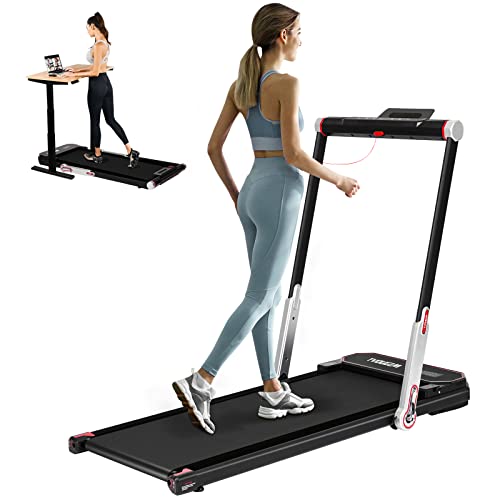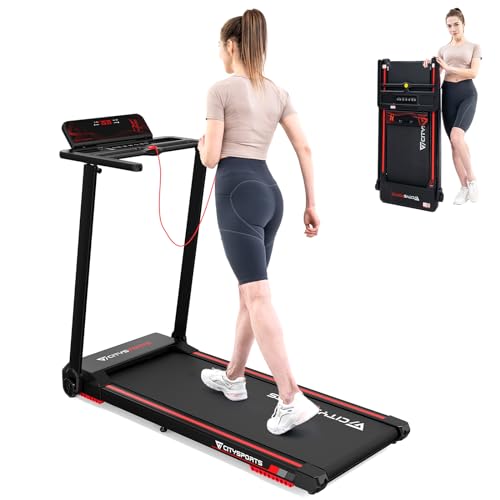
17
JuniWhere Will Tread Mill Be 1 Year From Today?
Treadmills: A Comprehensive Guide to Understanding Their Functionality, Benefits, and Appropriate Selection
Intro
Treadmills have ended up being a staple in contemporary fitness regimens, both in homes and health clubs worldwide. They provide a practical and efficient way to maintain cardiovascular health, increase endurance, and assist in weight management. This post checks out the various types of treadmills, their benefits, features to consider when acquiring, and some FAQs to guide users in making notified decisions.
Types of Treadmills
When it comes to picking a treadmill, it is essential to understand the different types offered in the market. Here are the main classifications:

1. Manual Treadmills
- Mechanism: These treadmills have an easy design and count on the user's efforts to move the belt.
- Pros: More affordable, quieter operation, no electricity needed.
- Cons: Limited functions, might not offer the exact same series of workout strength.
2. Motorized Treadmills
- Mechanism: Powered by a motor that drives the belt, allowing users to stroll or perform at a set speed.
- Pros: Greater range of speeds and inclines, equipped with various features such as heart rate monitors and exercise programs.
- Cons: More expensive and may require more upkeep.
3. Folding Treadmills
- System: Designed for those with limited area, these treadmills can be folded for easy storage.
- Pros: Space-saving, typically motorized, flexible functions.
- Cons: May be less durable than non-folding designs.
4. Commercial Treadmills
- Mechanism: High-quality machines developed for use in health clubs and fitness centers.
- Pros: Built to withstand heavy use, advanced features, typically include guarantees.
- Cons: Pricey and not perfect for home usage due to size.
5. Curved Treadmills
- Mechanism: A special design that permits users to propel the belt using their own energy.
- Pros: Offers a more natural running experience, promotes much better running kind.
- Cons: More expensive and can be noisier.
| Treadmill Type | Pros | Cons |
|---|---|---|
| Handbook | Affordable, no electrical energy needed | Limited functions |
| Motorized | Range of speeds, advanced functions | Maintenance required |
| Folding | Space-saving, often motorized | May lack durability |
| Industrial | Constructed to last, professional-grade features | Costly |
| Curved | Natural running experience, promotes great form | Higher price |
Benefits of Using Treadmills
Treadmills use various benefits that can add to one's overall fitness goals. A few of these benefits consist of:
- Convenient Workouts: Treadmills permit users to exercise inside your home despite climate condition.
- Cardiovascular Health: Regular usage can improve heart health by increasing endurance and promoting healthy flow.
- Weight Management: Effective for burning calories, which aids in weight-loss and management.
- Personalized Workouts: Users can control speed, incline, and period to develop individualized workout experiences.
- Safety: Treadmills offer a foreseeable surface, minimizing the danger of falls compared to outdoor running.
- Multifunctional: Many treadmills included features like heart rate displays, workout programs, and even entertainment systems.
Picking the Right Treadmill
When choosing a treadmill, possible buyers ought to consider numerous key aspects:
Features to Consider:
- Motor Power: Typically determined in horsepower (HP), a motor strength of a minimum of 2.5 HP is suggested for major runners.
- Belt Size: A longer and wider belt accommodates numerous stride lengths, offering convenience during exercises.
- Slope Settings: Adjustable slope functions replicate outside hill running and can increase workout strength.
- Weight Capacity: Ensure the treadmill can support the user's weight for security and durability.
- Console Features: Look for easy to use control panels, exercise programs, and Bluetooth compatibility for streaming music or other functions.
Budget plan Considerations
- Under ₤ 500: Entry-level manual treadmills ideal for casual walkers.
- ₤ 500 - ₤ 1,500: Mid-range motorized treadmills that offer more functions and much better sturdiness.
- ₤ 1,500 - ₤ 3,000: High-end designs with innovative innovation, bigger motors, and longer warranties.
- Over ₤ 3,000: Commercial-grade treadmills perfect for regular usage in fitness centers or training facilities.
Frequently Asked Questions (FAQs)
1. How often should I use a treadmill?
It is recommended to utilize a treadmill a minimum of three to five times a week, including numerous strength levels for best results.
2. Can I lose weight by utilizing a treadmill?
Yes, constant usage of a treadmill can add to weight reduction, particularly when integrated with a balanced diet plan and strength training.
3. What is the best speed to stroll on a treadmill for novices?
A speed of 3 to 4 miles per hour is an appropriate variety for beginners. It's vital to start sluggish and slowly increase rate as convenience and stamina enhance.
4. Do I require to utilize a treadmill if I currently run outdoors?
Utilizing a treadmill can offer fringe benefits, such as regulated environments and varied exercises (slope, periods) that are not always possible outdoors.

5. How do I keep my treadmill?
Routine upkeep consists of lubricating the belt, cleaning the deck and console, and checking the motor for ideal performance.
Treadmills are essential tools for those seeking to enhance their physical fitness levels in a controlled and practical way. With numerous types readily available, comprehending their functions and benefits is crucial for making an informed purchase. By thinking about personal exercise requirements, space accessibility, and budget plan constraints, people can discover the most ideal treadmill that fits their way of life. Integrating treadmill exercises into a balanced physical fitness routine can cause enhanced health outcomes and a pleasurable workout experience.

Reviews